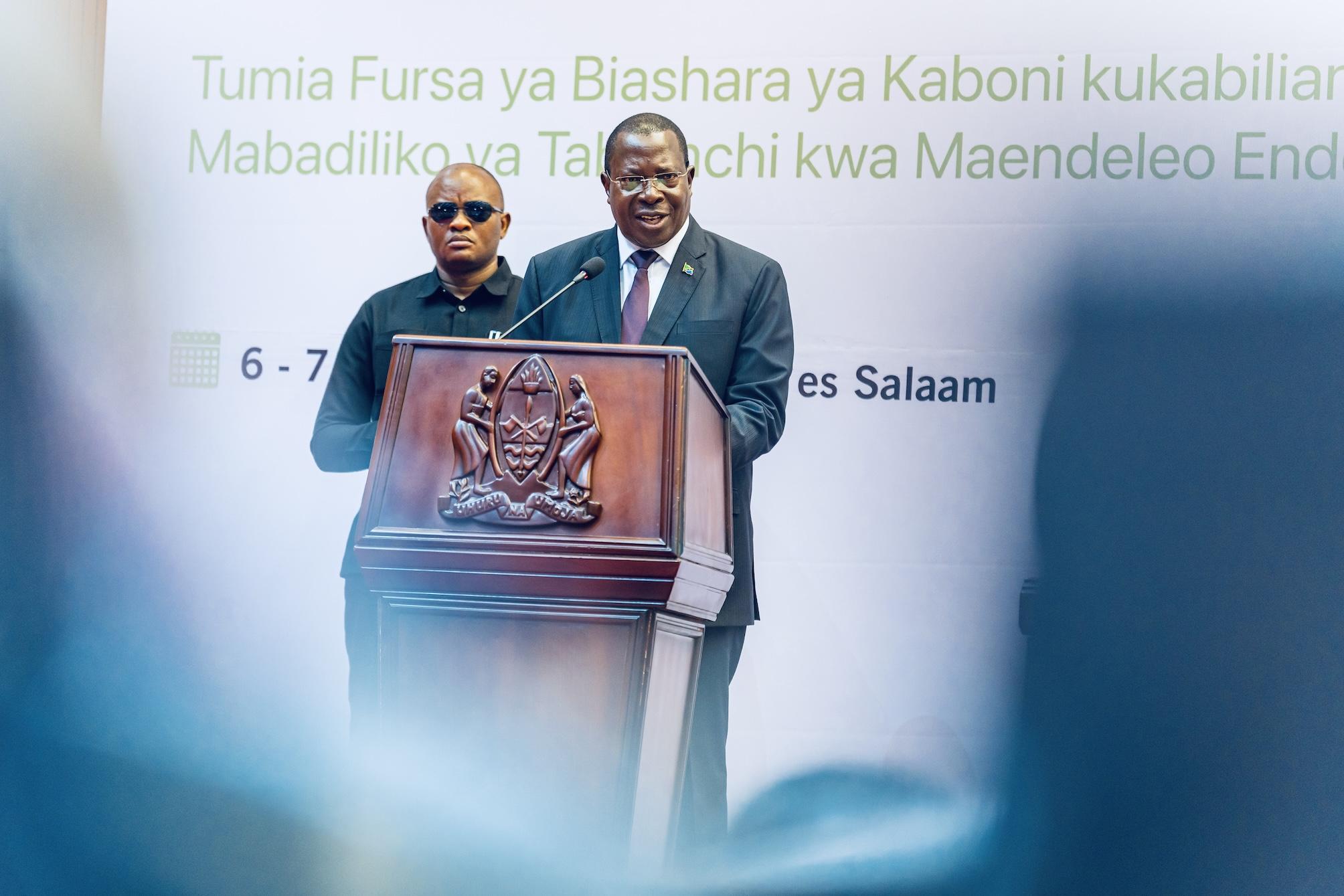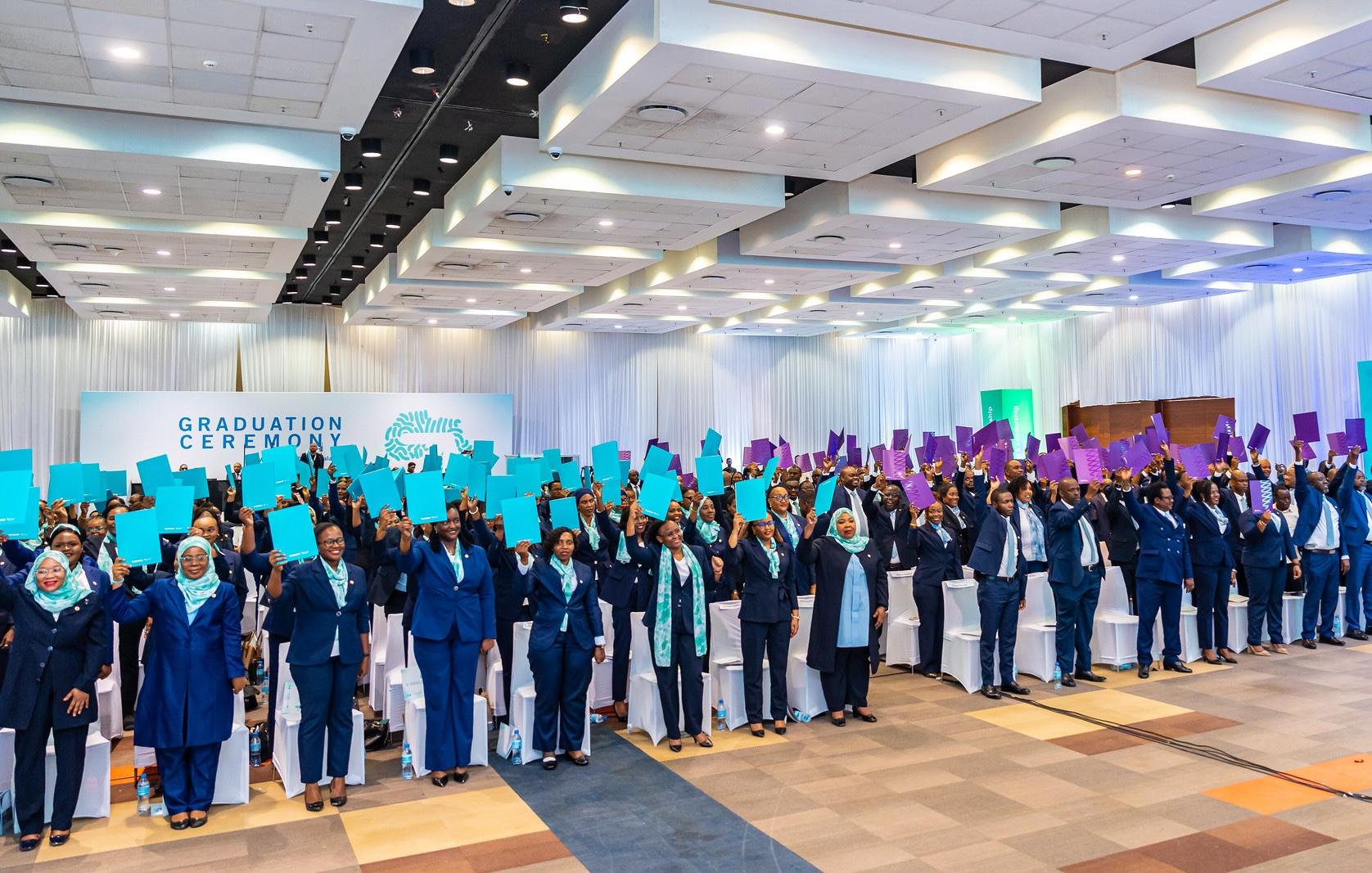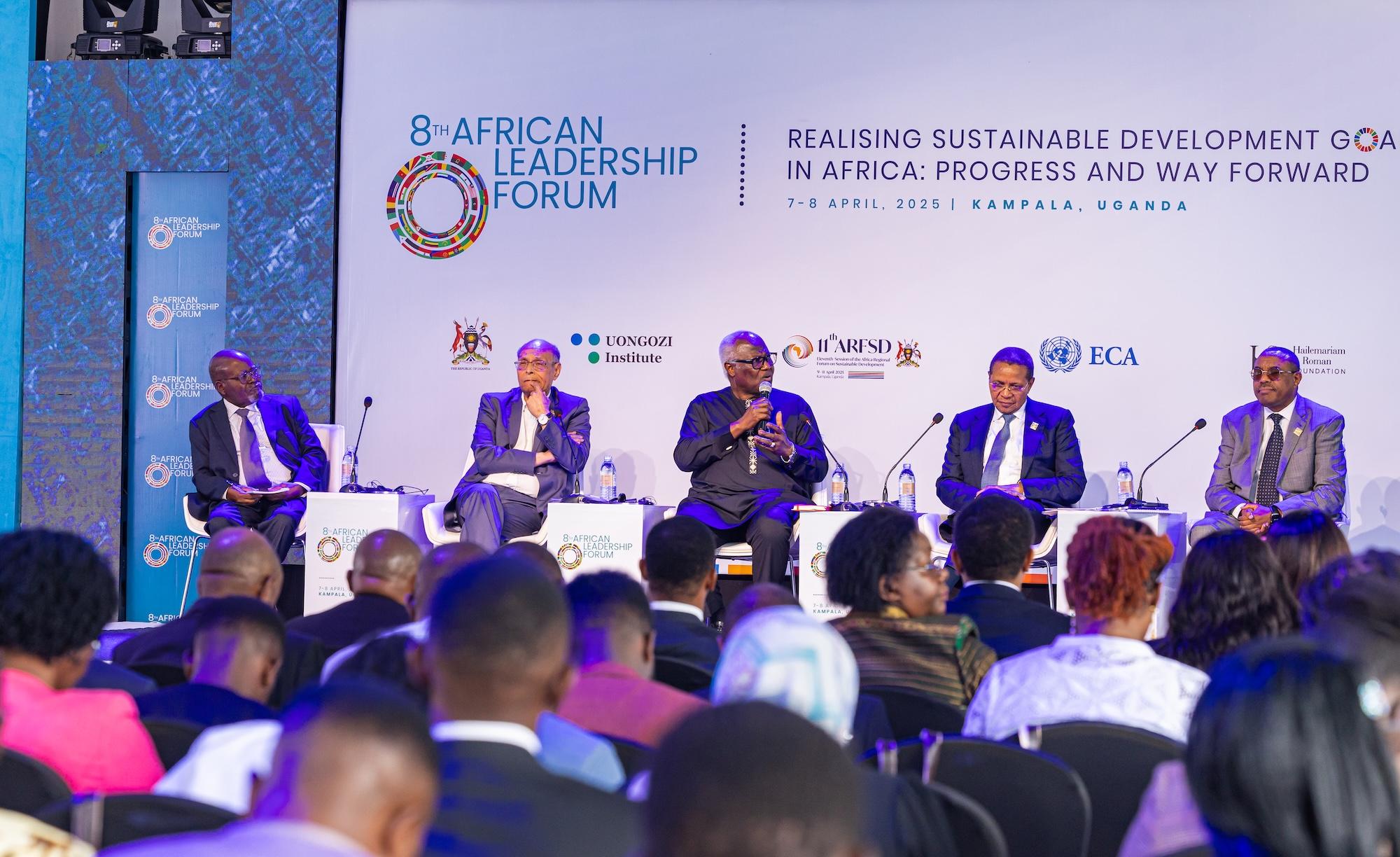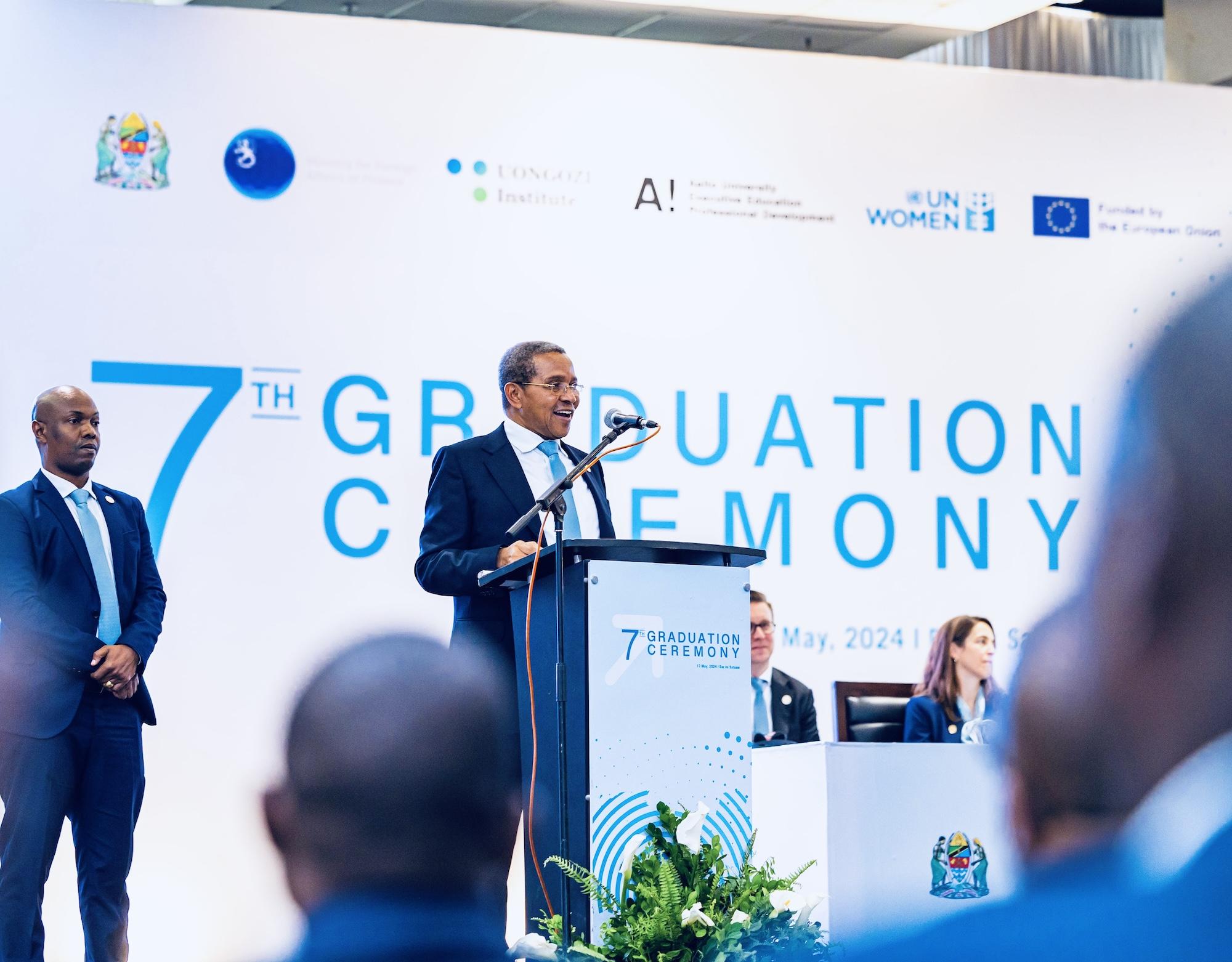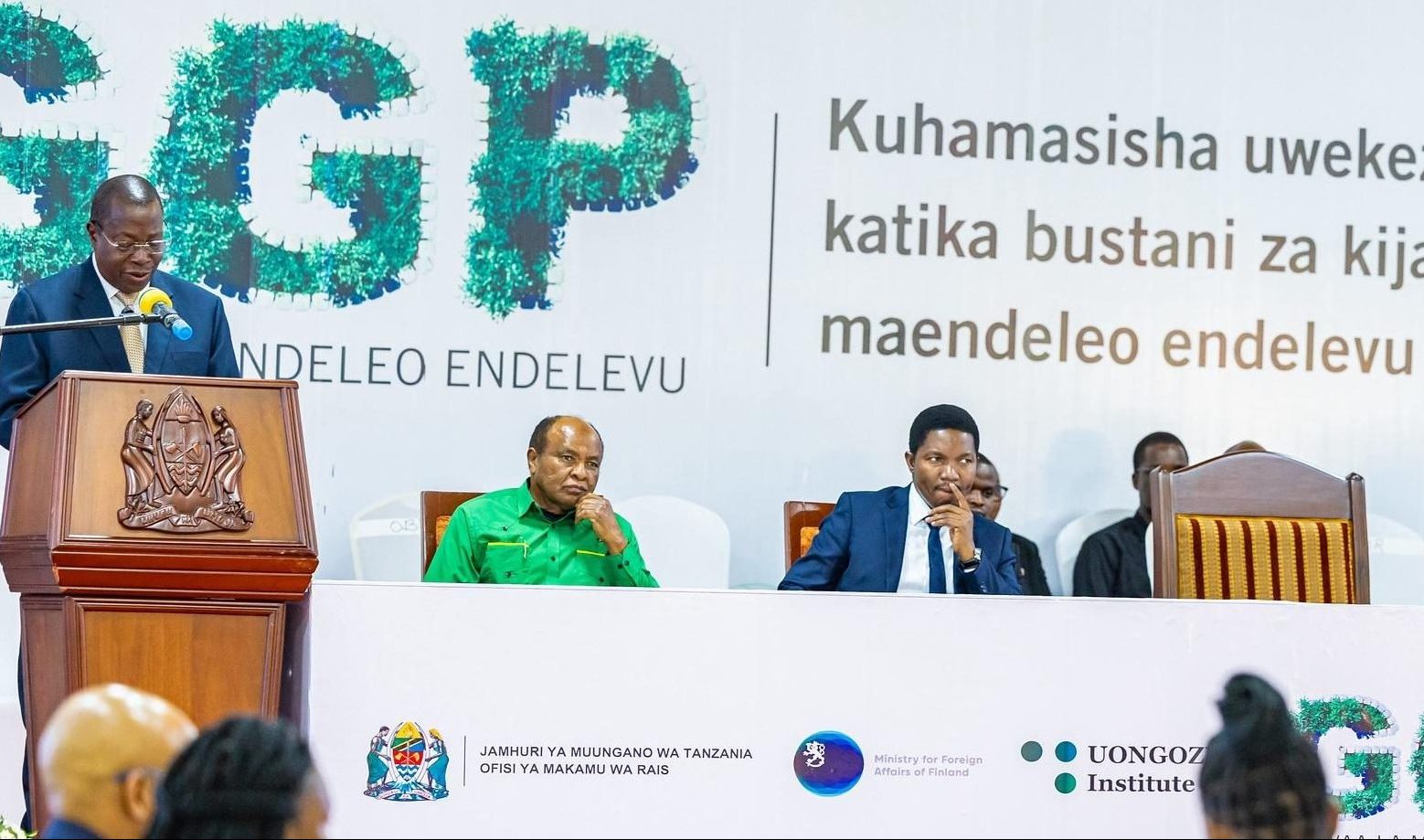Across Africa, carbon markets are becoming a powerful tool to address climate change. In simple terms, a carbon market is a mechanism that allows to trade both carbon credits and carbon offsets simultaneously.
Tanzania’s extensive forests, coastal and marine ecosystems, renewable energy potential, agriculture and transport sectors, and waste management present various opportunities for the development of both land-based and non-land-based sources of carbon credits. The Tanzanian government is committed to implementing carbon trading projects. This is evident in policy and regulatory frameworks, including the Environmental Management (Control and Management of Carbon Trading) Regulations, 2022, as well as the National Carbon Monitoring Centre—established under the Sokoine University of Agriculture.
Despite this, Tanzania’s participation in carbon trading remains minimal and underdeveloped. The national dialogue on climate change and carbon trading held today revealed that the country has a mere 72 carbon trade projects.
While officiating the meeting, H.E. Dr. Philip Isdor Mpango, Vice President of the United Republic of Tanzania, underscored limited awareness as one of the key barriers in developing and implementing carbon trade projects. He said:
“There is a low level of awareness and understanding of carbon trading among stakeholders. We need greater awareness from local government officials, the general public, defence and security organs, and the media to fully unlock the potential of carbon trading in Tanzania.”
He called for stakeholder engagement initiatives to enhance understanding of carbon markets, regulatory requirements, and the benefits of carbon trading.
The Vice President further emphasised the importance of transparency in the sector. He said that the trading system is dominated by a handful of brokers. This means that other players are often left at a disadvantage or under the control of a broker.
This two-day event is organised by the Office of the Vice President of the Republic of Tanzania in collaboration with UONGOZI Institute and NDC Partnership.
It has brought together chief executive officers of public institutions, as well as development partners and business leaders.
The involvement of UONGOZI Institute in the organisation of the event is grounded on its initiative focusing on environmental protection, the Green Growth Platform (GGP). The GGP aims to increase awareness and understanding of issues related to green growth and its potential for Tanzania’s development. It is a proactive tool for creating cross-sectoral linkages, promoting economic and social well-being, and safeguarding the ecosystems and environment that sustain us all. Since inception (2010), nine events have been facilitated.
Check out our latest research publication on carbon trading in Tanzania: Click here.
